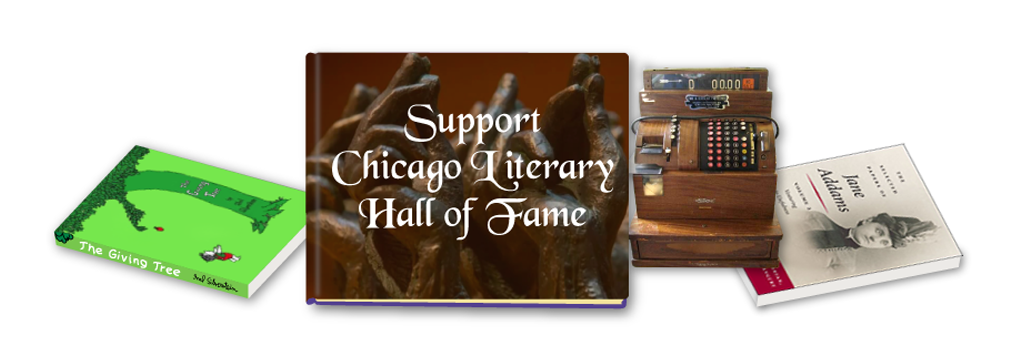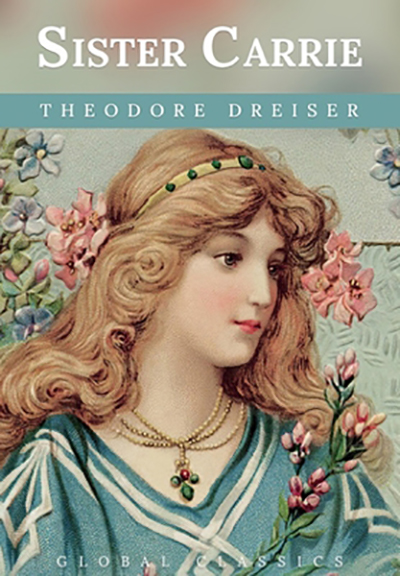A Chicago book that holds special meaning to me
Nora Duff
The Enduring Relevance of Sister Carrie
My father handed me Theodore Dreiser’s magnificent and heart-breaking Sister Carrie when I was in 8th grade. But my mother objected when she read the back cover, saying I was too young.
My father had lost his eyesight a couple of years earlier, but he had always been a reader, frequenting the city’s used bookstores and reading late into the night. Now he had talking books from the Blind Library, but every Friday (cleaning day in our house) he sat at his bookcases and carefully dusted his books. Every so often, after pulling a book out and wiping its front and back covers, he’d say, “Which one is this?” before offering it to one of his kids. I think it eased his regret at not being able to read them anymore.
Two years passed, and one morning my sophomore English teacher, a nun, handed out copies of Sister Carrie. She told the class, “If your parents have any questions, tell them to call me.” On the bus ride home, I scanned the book, feeling pretty sophisticated with such a tale in my hands.
Sister Carrie is the story of a young girl, not much older than me, coming to the big city from rural Wisconsin in hopes of finding the American Dream.
Theodore Dreiser, a journalist from Terre Haute, Indiana, covered the struggles and inequities of urban life and witnessed the breathtaking pace of industrialization upon Chicago’s people and newly arrived immigrants.
For women like Carrie, looking for a job with no real skills and vague connections in a teeming Midwestern city was next to impossible. Choices for women were few, with class and gender differences greatly at play.
Carrie finds grueling factory work, and with colder weather settling in, her poverty becomes very real. Lacking a good coat and warm shoes, she becomes ill and loses her job. She’s walking on State Street looking for work when she runs into a young salesman named Drouet, whom she met on the train to Chicago. He offers to help and seduces Carrie into a dependent relationship. He rents a flat for her and promises marriage, along with the finer things of life, and he indulges her interest in the theater, which turns out to be the real love of her life.
With the salesman frequently out of town, Carrie spends hours looking out the windows facing Union Park, yearning to be out in the throb of the city. She takes up with Drouet’s friend, the older and more successful George Hurstwood, a married man with two adult children. He coaxes her out for dinners and drives on the city’s wide boulevards. He leaves his family and convinces Carrie to go away with him, eventually leading to New York and her success on the stage.
Dreiser divides Carrie’s story into two separate paths of survival, with Carrie becoming the mistress to two men. But it is Chicago itself that also seduces her, with its palpable energy and opportunities. As Carrie walks Van Buren Street and Jackson and Washington boulevards, and drives along Michigan Avenue, she senses the possibilities that are always just beyond her reach.
One of my father’s ways of coping with his blindness was to take us walking around the city, even at night after supper. We’d march down LaSalle to Washington, turning left to reach Michigan and crossing to the Grant Park side to walk alongside the Art Institute.
“What are the lions up to?” my father would ask, teasing us. We’d laugh, feeling the lake wind on our faces. It felt like freedom.









